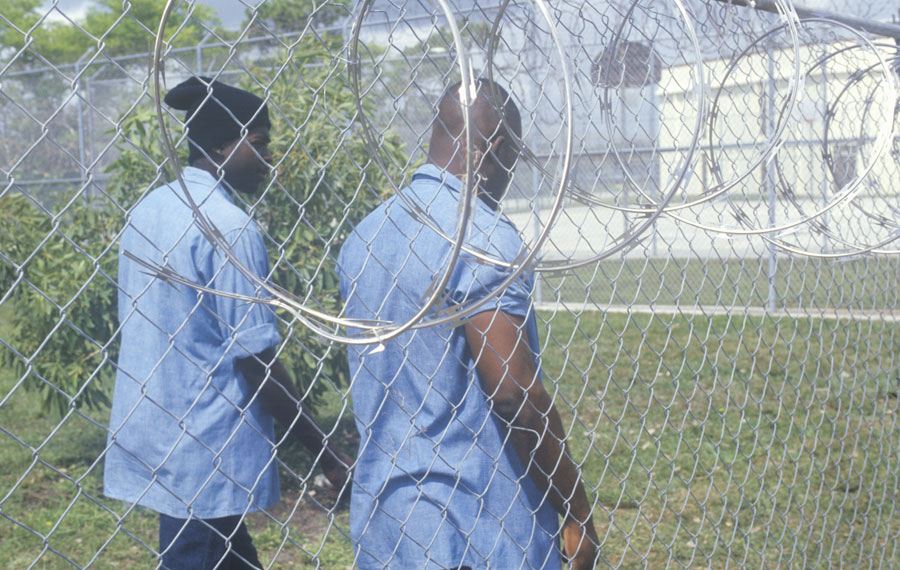
TALLAHASSEE, FL – The novel coronavirus death toll in Florida’s prison system reached 60 yesterday, as a massive surge of infection continues to spread between workers and the people serving time.
Corrections Secretary Mark Inch is in self-isolation, battling the virus after a visit to Columbia Correctional Facility. He issued a statement last Friday expressing sadness at the death of the first correctional officer, Robert Rogers, due to COVID-19 complications.
But as the death count climbs, Erin Haney – national policy director with the REFORM Alliance, a criminal-justice advocacy group, said swift action – and alternatives to incarceration – are needed to save lives.
“These are human beings who really, really deserve the same protections from this virus that the rest of us deserve,” said Haney. “None of the people behind bars there were sentenced to ‘death by COVID.’ “
A spokesman for the Department of Corrections redirected our interview request to its website, which shows 9,821 inmates testing positive, along with 1,911 staff members, as of yesterday.
Haney – also senior counsel with the justice reform group #cut50 – said since March, her organization warned Florida’s prison system was particularly vulnerable to the pandemic because of its older population.
In 2016, with roughly 13,600 people age 55 and up in prisons, Florida led the nation for the highest percentage of older people incarcerated.
Haney outlined what’s known as the SAFER Plan, which includes the release of elderly and vulnerable people to home confinement.
“At the end of the day, prisons and jails are currently the worst place to be during a pandemic,” said Haney. “Its just incredibly difficult to create the kind of social distancing and quarantining necessary to stop the spread of this virus.”
The plan also calls for suspending jail time for technical violations, alternatives to incarceration and contact visitation, free medical visits and personal protective equipment, along with extra precautions for correctional officers.



Comments are closed.